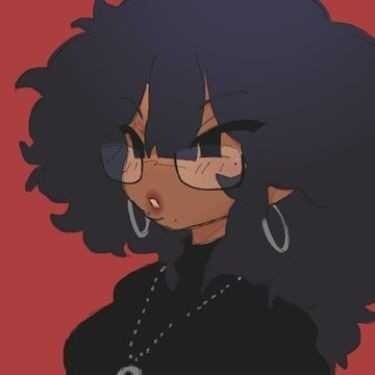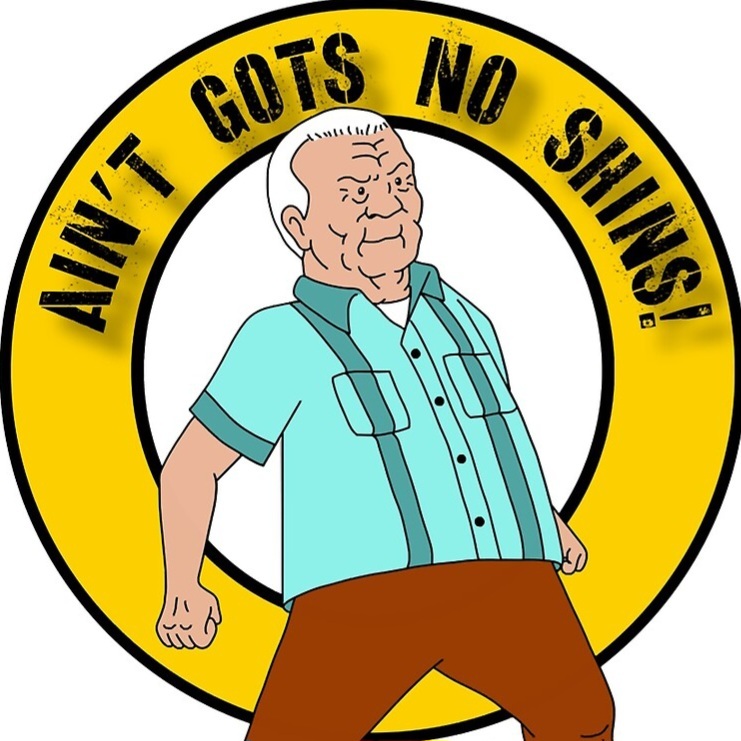Edit: thank you for sharing your suggestions, everyone. I’ll try to check out the ones I haven’t read. Hopefully the responses in this thread were helpful for you too. <3
2001: A Space Odyssey touched me in that special place between science, religion, and spirituality.
It was always hungry, and now it was starving. When the first faint glow of dawn crept into the cave, Moon-Watcher saw that his father had died in the night. He did not know that the Old One was his father, for such a relationship was utterly beyond his understanding, but as he looked at the emaciated body he felt dim disquiet that was the ancestor of sadness
In their explorations, they encountered life in many forms, and watched the workings of evolution on a thousand worlds. They saw how often the first faint sparks of intelligence flickered and died in the cosmic night. And because, in all the galaxy, they had found nothing more precious than Mind, they encouraged its dawning everywhere. They became farmers in the fields of stars; they sowed, and sometimes they reaped. And sometimes, dispassionately, they had to weed.
Unauthorized Bread by Cory Doctorow. Based on a few true stories and set five minutes in the future, telling the story of the poorest in society, the arbitrary restrictions put on them and, the namesake, the way their lives are controlled by corporate surveillance and physical DRM enabled by disinterested legislators. It’s a short story from one of his collections.
‘Blindsight’ and ‘echopraxia’ have had some of the longest reach in me, as far as books i read in adulthood.
Horror, but philosophical horror. It’s so good.
A lot but here are the most recent ones (all non fiction)
Immense World : How Animal Senses Reveal the Hidden Realms Around Us by Ed Yong
Essential for understanding how other creatures live in our world and insight on how ours evolved to what it is right now.How to Be Perfect: The Correct Answer to Every Moral Question by Michael Chur
Really great intro to practical ethics that is incredibly accessible as far as ethics books go. Everyone should at least skim this.A Guide to the Good Life: The Ancient Art of Stoic Joy by William B. Irvine
Best introduction to in my opinion the most important philosophy branch of western culture - Stoicism!Not one book but an entire series: Goodnight Punpun.
Krabat
This was a short story, but I Have No Mouth and I Must Scream left me in a depressive state for a few days. Based purely on the feelings I got involved I wouldn’t recommend it. It’s not necessarily bad though. It’s just… Intense I guess.
Tigana
A book about loss. Loss of family. Loss of country. Loss of culture. Loss of all things. It’s beautifully written, and the theme of loss doesn’t mean a somber tone throughout, the found family is strong.
The Trial
- The Bell Jar
- Between Two Fires
- The Troop (I just not over Newton 😭)
- N0S4A2
- A Canticle for Leibowitz
- Cloud Atlas
- 1984
I have loved all of David Mitchell’s books but Cloud Atlas was the perfect one that I started with that made me want to see everything else he read. I just love the structure of it so so much.
Absolutely. Since I’m not really into the music scene, I thought I wouldn’t enjoy Utopia avenue, but I honestly think it’s my second-favorite of his works. I am about to start Ghostwritten, though will probably stop there, because I really don’t think number9dream is for me. I’m really not a fan of unsatisfying stories or bildungsroman, and I’ve read that n9d is both. What’s your take?
I enjoyed Black Swan Green, in spite of its bildungsroman plot, but It wasn’t my favourite (though it wasn’t my least-favourite, because that dubious honour has to go to Slade House, which I read before the Bone Clocks, and which I expected to have a MUCH better puzzlebox feel. I felt betrayed when I realized that the alchemical symbology and map of the house on the inside cover of my first-edition copy was all meaningless, especially when the climax was just a deus-ex-horologia before I knew who Marinus was)
n9d was not very memorable for me so I think I probably agree with your taste overall. if you’re really only going to read one more then I would make sure not to skip The Thousand Autumns of Jacob de Zoet. I think Ghostwritten is one of his earliest books and I think it really shows.
It’s really really interesting to imagine a different order to read these stories when you think about which little overlaps you would or would not be able to appreciate.
One of my favorite things about his books is that all his gimmicks with the overlapping characters and the horologist stuff doesn’t really matter all that much if the story is just otherwise also extremely well-written. so the “gimmicks” really do feel like a bonus and not like the main point.
Oh, no, the only ones I haven’t read yet are ghostwritten and number9dream.
And I agree with the order notes. My very out-of-order sequence was Cloud Atlas (the movie introduced me to the book), then Slade House, Black Swan Green, Bone Clocks, Thousand Autumns, Utopia Avenue.
And I agree that reading the bone clocks before thousand autumns didn’t actually make Marinus and the Anchorites make less sense without Enomoto and Dejima for context.
However, if I had read Utopia Avenue without any of the others (except Slade House and Black Swan Green), I think I would have had no idea what was going on. As it stands, the main reason I want to read ghostwritten is because I feel like I’m missing out on the context of “the Mongolian” from Utopia Avenue. I think that, in the same way that Cloud Atlas acted as a bridge into his world, Utopia Avenue was almost a culmination of his works thus far. I think that, without them, Jasper de Zoet’s character and, for that matter, the whole story, would have been nigh-incomprehensible to me.
Alll those, yes.
“80,000 Hours”, because not only does it teach you something about wealth, humanism and fulfilling careers, it also highlights imminent dangers that receive little (scientific/regulatory) attention and points out that everyone can do something without being rich or a genius.
Although I somewhat dislike their frequent measure of ‘impact’ in terms of money, the book puts quite a few things into perspective, and I can accept that you need to quantify things to do so. I particularly like that they encourage you to think about problems from different angles, and them pointing out that you can have a very real impact on the overall wellbeing of any living creature, pretty no matter what you do.
Dragons of Autumn Twilight was one that set me on quite the Dragonlance collection and reading journey
Hitchhikers Guide to the Galaxy
it was the first book I ever read, and I decided to do it on my own. I was 16 and it was the greatest thing I had done for myself up to that point. It was such a big thing for me. I had never read a book front to back before, let alone deciding to do it on my own.
And so I checked that book out at the library. Went home and started to read the first couple chapters. Got some tomato soup and a grilled cheese and then next thing I know its 2AM and I read that whole book in almost one sitting!!!
The freedom it gave my mind was a gift I can never reply. Douglass Adams is and always will be one of my favorite humans for what he gave me in that story.
I agree. I’ve introduced it to a number of people and I find it’s a bit of a litmus test for me. If they come back with “that’s just stupid” I know they’re missing a sense of play that comes with messing with the rules of life.
We lost DA far too early, but he left us a wonderful gift.
Slaughterhouse Five by Kurt Vonnegut. Grew up seeing it on the bookshelf and thought it was a horror book. Like Texas Chainsaw Massacre in book form.
I’d say it contains some existential horror…
I won’t disagree but I was under the impression the guy wrote at least 4 other Slaughterhouse books. With a title like Slaughterhouse I believed the book series was packed to the gills with blood and guts.










